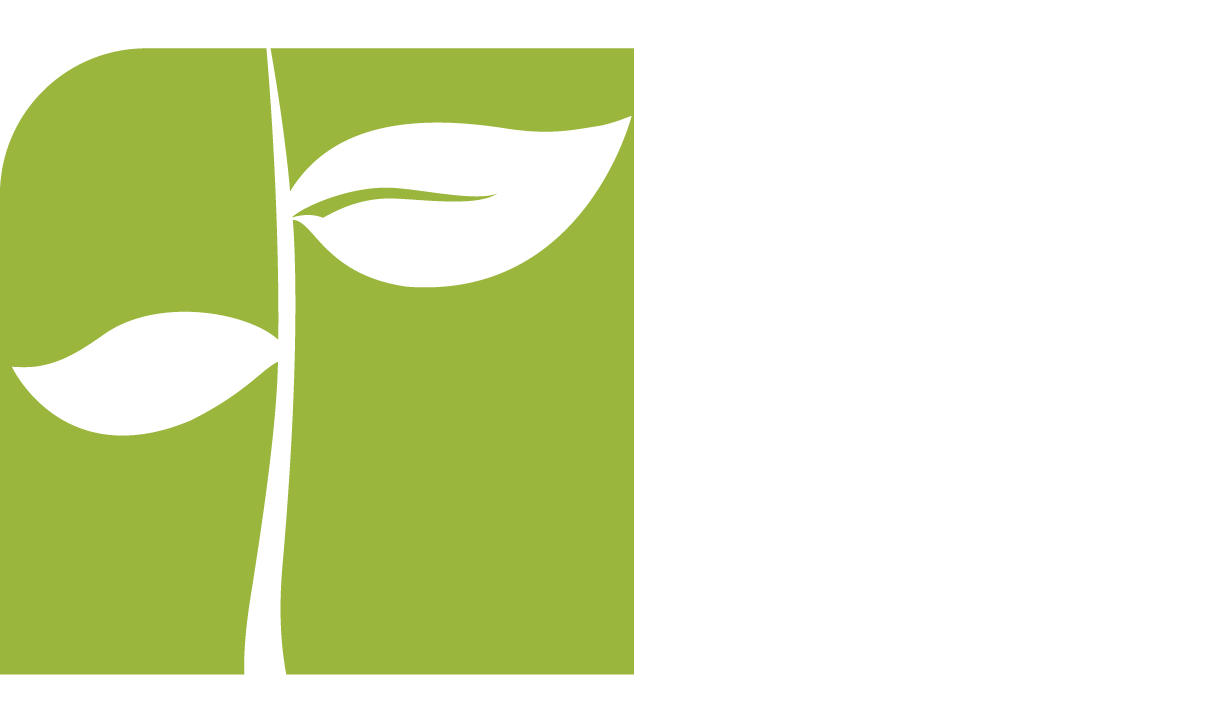If you’re wondering how to get a business appraised, it all starts with a significant amount of preparation and a certified business appraiser.
The more prepared you are for the actual process of a business appraisal, the more likely it is that the appraisal will run smoothly.
But what is a business appraisal, how do you prepare for one, and how do you find the right business appraisal for your business? Let’s break it down.
What is a business appraisal?
A business appraisal or valuation is a way to determine how much a business is worth to potential buyers. When seeking a valuation of a business, it’s important to get a certified business appraisal. Business valuation experts that provide certified business appraisals rely on several inputs and evaluations rather than just one (which is what you’ll typically get with a non-certified appraisal). In general, valuation methods are based on assets, income, or what the market will pay for the business.
How do you prepare for a business appraisal?
It’s important to know what to expect when working with a business appraiser. This way, you can be fully prepared for the conversations you’ll need to have and the documents you’ll need to provide.
An experienced certified business appraiser (evaluator) will typically follow these steps:
Step 1: Schedule a meeting
Meet with the business owner to explain to them how the appraisal firm conducts business valuations and to understand the reasons the appraisal is being requested.
Step 2: Request information
The business owner will be expected to answer several different questions about the business. On top of this, the business owner will be required to submit 3 years of full tax returns, the most recent P&L, balance sheets, and other important financial information and documents. The appraiser will also need the business owner to provide a full list of furniture, fixtures, and equipment (physical inventory). This inventory will need to be paired with each item’s fair market value (which can take some time to accurately gather and prepare). Other requested documents may include:
-
- Company history – when it was established, who established it, ownership changes, etc.
- Cash flow statements, list of debts, annual turnover, current monthly payroll data, and profit and loss statements
- List of all intellectual property – patents, copyrights, trademarks, license agreements
- Legal documents, including leases, insurance policies, liens against the business, all litigation documents for the past three to five years, and any correspondence or documents in regard to audits or IRS scrutiny
- Registration papers, which may include certificates, licenses, and permits
- A detailed analysis of top competitors, including their products or services
- Sales reports and forecasts, including balance sheet and income statements
- Business documentation such as marketing and customer service procedures
- A current list of suppliers, including agreements and prices
- A current list of customers, including payment history with an accounts receivable aging report for the past three years
Step 3: Conduct the financial analysis
This phase of the appraisal process involves a great deal of back-and-forth questions and answers between the evaluator and the business owner. The majority of these questions will require very detailed and specific responses. The business owner should prepare ahead of time for this analysis.
Keep Reading: 7 Steps for writing an exit strategy for your business
Who does a business appraisal?
There are a variety of business appraisers and valuation services offered, and each appraiser or service may have a different business valuation method. This being said, make sure you get a certified business appraisal from a business valuation expert. To find a business valuation expert who can deliver a certified business appraisal, you can visit the American Society of Appraisers and search for a local appraiser.
How much does it cost to get a business appraisal?
The cost of a business appraisal depends on several factors. These factors may or may not include:
- The reason for the business appraisal
- The time involved in gathering and analyzing data provided by the business owner
- The type and number of valuations conducted
These factors are unique for each company and will vary depending on your business, its history, and its present situation. Therefore, while you’ll likely see a range of costs quoted (ex. between $5,000 and $35,000), it wholly depends on your specific situation.
Keep Reading: How much does a fractional CFO cost?
What happens after you get a business appraised?
What happens after the business appraisal depends on the reason for the business appraisal itself.
If the appraisal was initiated to sell the business, then the valuation will establish a starting point for any sale negotiation once the business is taken to market. This is, of course, an ideal situation when selling a business.
A high-quality valuation along with supporting documentation of how the value was determined will make it more possible to get your full asking price. This very same thing can be said if the purpose of the valuation was to seek investors or additional capital.
The quality of the appraisal will have a huge impact on your ability to get the investment or capital you’re seeking. On top of this, it’ll make the negotiation process much smoother.
How to get started with your business appraisal
The first step in your business valuation journey is to get all your business documents and statements in place. A fractional CFO can help with this phase.
If you’d like to learn more about this process, we’d love to talk. At New Life CFO, we help companies just like yours prepare for their business appraisal journey. Reach out to us online to schedule your free consultation.
Keep Reading:
- The 5 most common fractional CFO services
- What are the benefits of a virtual CFO?
- How to start small to get your big ideas launched


